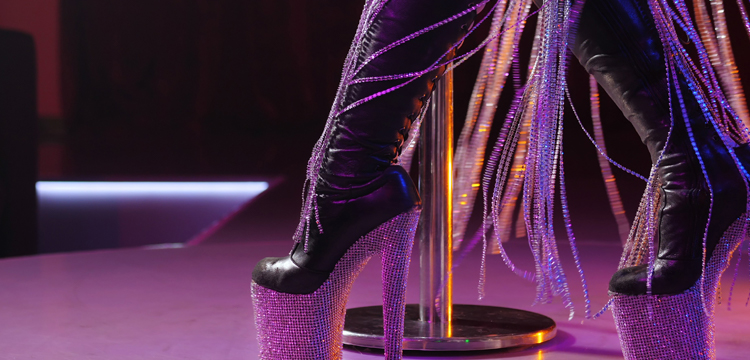I feel like this is the start of a joke - 'did you hear the one about the lap dancer, the barrister and the doctor who were all pulled up by HMRC for their tax expenses?' - but it's not.
It's actually a recent case, where a self-employed exotic dancer, Gemma Daniels, won an appeal to claim a deduction for a certain amount of clothing (including lingerie), make-up, shoes, hairdressing etc. You may be aware of a not dissimilar case where a barrister lost her appeal to claim for her suits (Mallalieu v Drummond). So why did the exotic dancer win where the barrister lost?
It all comes down to 'duality of purpose'. In the case of Mallalieu, the judge ruled that her formal suits could also reasonably be worn outside court, allowing for 'duality of purpose'. Quite rightly, the judge ruled that the exotic dancer's 'work attire' could not reasonably be worn outside her workplace. Have you ever seen a lap dancer in full garb (or lack of it) doing the weekly food shop?
It's interesting to note, also, that the judge compared the dancer's profession with that of an actor and used HMRC's own guidance manuals for actors in coming to the ruling decision. After all, isn't that what an exotic dancer is? A performer/actor.
What about the doctor?
Ah yes, so where does the doctor fit into all this? Well, HMRC weren't just investigating Ms Daniels for her clothing expenses. They were also contesting her travel expenses between her office and Stringfellows, where she worked.
Whilst she won the clothing argument, the judge sided with HMRC on the travel expenses issue, citing the Upper Tribunal decision in Dr Samadian UKUT0013. Dr Samadian's travel expenses were disallowed even though they covered travel between his home and the two hospitals he worked at because the costs were partly for maintaining his home away from where he carries out his business. It is this last bit that is the key to both Ms Daniels' and Dr Samadian's cases.
If they did their job - i.e. dancing or doctoring - at their office/home as well as where they travelled to, their travel expenses claims would have been viable but, because they only did admin work and not the main crux of their job at their bases, 'duality of purpose' again comes into play.
It's all about exclusivity
Ultimately, 'duality of purpose' both helped and hindered the exotic dancer in this case. And maybe, that's the lesson here for accounting professionals who manage self-assessment tax returns in the UK - bear this in mind when advising and assisting clients on their tax returns rather than just focusing on what those expenses are.
You can read more detail about Ms Daniels case via accountingweb »
This blog was written by Becky Reid, Tattoo Ink Marketing.

You need to sign in or register before you can add a contribution.